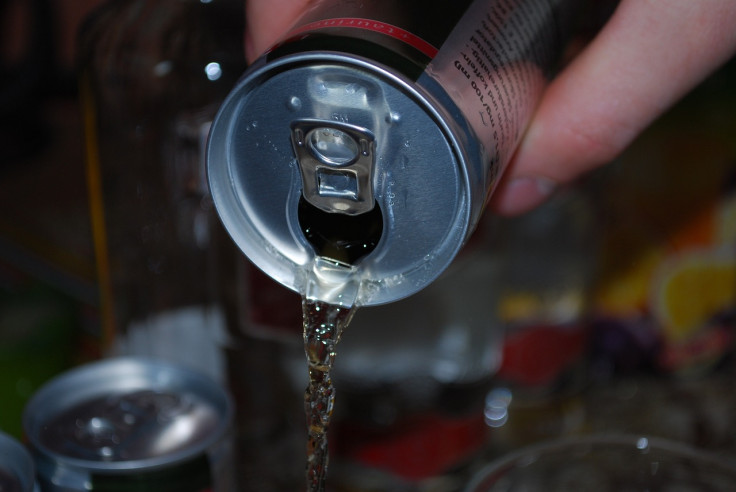
The increasing popularity and consumption of energy drinks among children and young adults have sparked heightened concerns about their safety. A recent study has identified a series of health effects associated with these beverages, including disrupted sleep, depression, suicide, ADHD (Attention-deficit/hyperactivity disorder), and anxiety.
Energy drinks are marketed as non-alcoholic beverages that purportedly improve physical and cognitive performance. However, scientific evidence to support these claims is limited. Moreover, studies suggest several potential negative health effects of these beverages, including cardiovascular, neurological, metabolic, and gastrointestinal issues.
Energy drinks are the second most common dietary supplement used in the country, and about 30% of young people consume them regularly. These drinks are typically high in caffeine and sugar and contain other stimulants such as taurine, ginseng, and guarana. The caffeine content can range anywhere between 50 mg and 505 mg per serving.
The American Academy of Pediatricians advises against the use of energy drinks and any form of caffeine in children under the age of 12. They also suggest limiting caffeine intake to 100 mg daily for those aged 12-18.
In a recent systematic review, researchers examined 57 studies on the effects of energy drinks on children and young people that involved data between January 2016–July 2022.
The research team observed that there was a strong positive association between energy drink consumption and smoking, alcohol use, binge drinking, other substance use, and the intentions to initiate such behaviors.
The energy drink consumption was also associated with sensation-seeking, delinquent behaviors, as well as short sleep duration, poor sleep quality, and low academic performance.
"Additional health effects noted in the updated review included increased risk of suicide, psychological distress, attention-deficit hyperactivity disorder symptoms, depressive and panic behaviors, allergic diseases, insulin resistance, dental caries and erosive tooth wear," the researchers wrote in the review.
"This review adds to the growing evidence that energy drink consumption by children and young people is associated with numerous adverse physical and mental health outcomes. Where feasible and ethical, additional longitudinal studies are required to ascertain causality. The precautionary principle should be considered in regulatory policy and restriction of ED sales to this population," they added.







